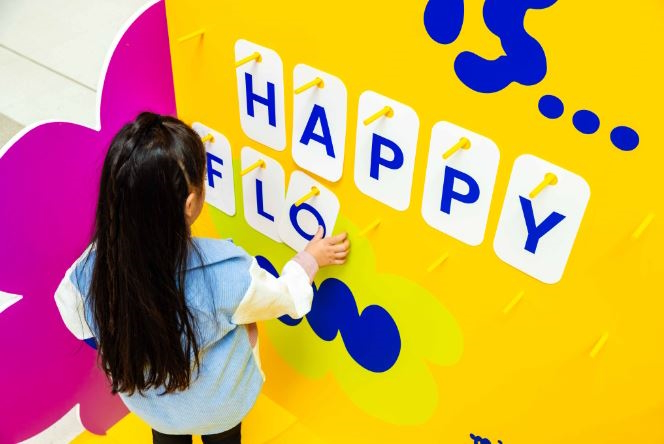How can you help your child make friends?
- Written by Gretchen Geng, Professor in Innovative Education Futures, Flinders University

One of the things children (and parents) may worry about at the start of the new school year is, will I have friends?
This could be true for children starting or changing schools or simply going back to a new year with different class arrangements.
How can parents talk to their kids about making friends?
Why is it important to have friends?
We research[1] young people’s wellbeing and provide programs to schools[2] on how to talk about mental health.
Having lasting, meaningful friendships is extremely important for children’s health, development and wellbeing.
They can validate young people’s aspirations and interests and help them feel like they belong[3]. Friends can also help ease feelings of loneliness and anxiety[4], making it easier for children to engage in new activities and connect with others.
On top of this, friendships can act as a “buffer” against bullying by providing emotional support[5] if it does happen. Research also suggests, if children don’t have a supportive friendship network, they are more prone to be bullied[6] at school.
Help your child build confidence
Some children find it harder to make friends than others[8]. If your child is shy or introverted they may find it hard to meet new people.
Let them know it is OK to start small. You don’t have to make ten best friends all at once! Making friends takes time and even just one or two good friends can make a big difference.
To break the ice, encourage simple actions such as saying “hello” or offering a compliment: “That’s a cool handball” or “I love your Taylor Swift bracelet”.
Encourage your child to do activities with other kids they enjoy. They can play a particular game or sport or do craft, dancing or reading. Tell them how it’s possible to be friends with lots of different kinds of people.
Talk about the importance of friendship
Research shows it’s important for parents to offer encouragement[9] and guidance about friendships. This can lead to better quality friendships (how well friends get along) as children grow up.
Parents can start to talk to their child about the importance of friendships from a young age. Some questions parents could ask include “Who did you play with today?”, “What did you like about playing with them?”, “What games did you play”.
Parents can also start conversations about the value of friends and friendship. For example, parents could ask their child about the importance of sharing with friends (“it actually feels great to share and make your friends happy”).
Encourage your child to talk
Over time, children’s concept of friendships changes[11]. Younger children view friends as somebody you can play with, while older children see friends as people they can trust and can share emotions and thoughts with.
Research shows[12], parents can also help this transition with advice and encouragement. Encourage your child to express their feelings and talk about what happens at school, so you can work through any issues or tricky things together.
This does not have to be a formal talk. You could chat while you are doing something else – like drawing, playing chess or throwing a ball.
To create a safe space for your child to freely express their feelings and emotions, avoid being judgemental or critical. Instead, ask questions, like “if you do it again, will you do it differently?” or “was that a kind decision?”
Encourage active listening
You can also encourage your child to be a good and supportive friend.
One way to do this is by being an active listener[13]. This is about understanding what someone is saying (and possibly taking action because of it), not simply “hearing” what is said.
You can suggest your child takes a deep breath and lets the other child finish what they are trying to say, instead of interrupting and talking over people.
Active listening is a skill parents can practise with their child. Make a game and have fun doing it. Try it in the car, over the dinner table or in another informal setting.
Deb Agnew and Shane Pill also developed versions of the Big Talks for Little People[14] program on which this article is based.
References
- ^ research (www.taylorfrancis.com)
- ^ provide programs to schools (www.bigtalkslittlepeople.com)
- ^ and help them feel like they belong (link.springer.com)
- ^ help ease feelings of loneliness and anxiety (www.taylorfrancis.com)
- ^ by providing emotional support (www.routledge.com)
- ^ they are more prone to be bullied (www.cambridge.org)
- ^ Monkey Business Images/ Shutterstock (www.shutterstock.com)
- ^ harder to make friends than others (www.cambridge.org)
- ^ important for parents to offer encouragement (doi.org)
- ^ DGL Images/ Shutterstock (www.shutterstock.com)
- ^ concept of friendships changes (www.cambridge.org)
- ^ shows (www.mdpi.com)
- ^ active listener (hbr.org)
- ^ Big Talks for Little People (www.bigtalkslittlepeople.com)
Read more https://theconversation.com/how-can-you-help-your-child-make-friends-248534

















